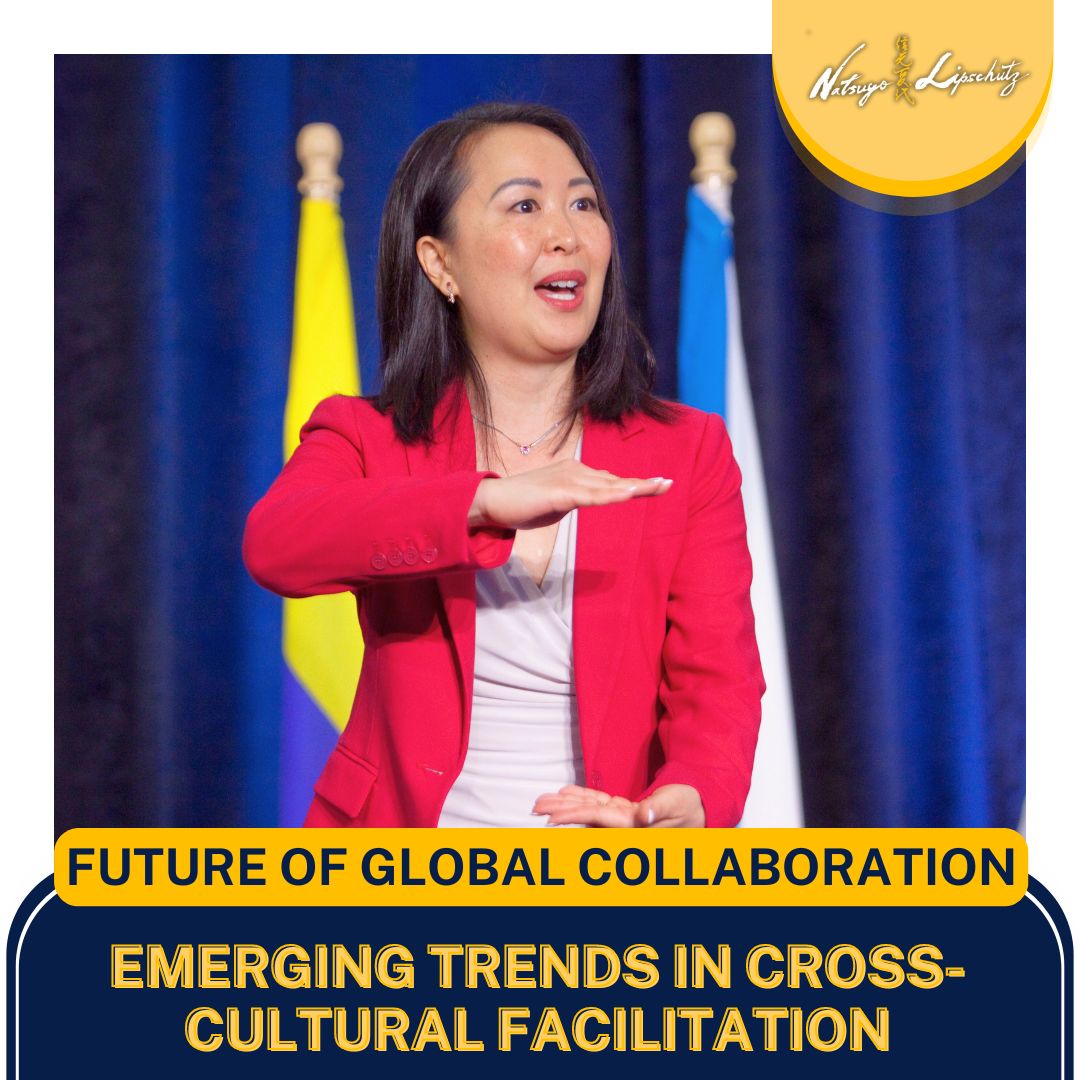
In today’s interconnected world, the art of cross-cultural facilitation is undergoing a remarkable evolution.
As globalization continues to redefine how businesses operate and communities interact, the need for effective cross-cultural communication and collaboration has never been more pressing. In this article, we delve into the dynamic landscape of cross-cultural facilitation, shedding light on emerging trends and future directions shaping the field.
- Technology Integration:
With advancements in technology, cross-cultural facilitation is embracing innovative tools and platforms to bridge geographical divides and creates meaningful connections.
Virtual communication platforms, augmented reality, and AI-driven translation services are revolutionizing how cross-cultural interactions occur, making it easier than ever to engage with diverse audiences across the globe.
- Emphasis on Diversity and Inclusion:
Oganizations are recognizing the importance of embracing diversity and creating inclusive environments. Cross-cultural facilitation now places a strong emphasis on understanding and celebrating differences, promoting empathy, and creating spaces where every voice is heard and valued. By embracing diversity, facilitators can unlock the full potential of global teams and drive innovation and creativity.
- Cultural Sensitivity Training:
As cultural awareness becomes a cornerstone of effective communication, cross-cultural facilitation is prioritizing cultural sensitivity training.
Facilitators are equipping themselves with the knowledge and skills needed to navigate cultural nuances and avoid misunderstandings. By creating cultural intelligence, facilitators can build trust, establish rapport, and bridge cultural divides more effectively.
- Adaptation to Virtual Environments:
The shift towards remote work has prompted cross-cultural facilitators to adapt their strategies to virtual environments. Facilitating cross-cultural interactions in virtual settings requires unique approaches and techniques to ensure engagement and collaboration.
From virtual team-building activities to digital cultural competency training, facilitators are exploring new ways to create connection and understanding across borders.
- Future Directions:
Looking ahead, the future of cross-cultural facilitation promises continued innovation and evolution. As globalization accelerates and the world becomes increasingly interconnected, the role of facilitators in bridging cultural divides will become even more critical.
By staying agile, embracing technology, and cultivating cultural competence, facilitators can navigate the complexities of global diversity with confidence and effectiveness.
The evolution of cross-cultural facilitation reflects the ever-changing nature of our interconnected world. By embracing emerging trends and future directions, facilitators can play a vital role in creating understanding, collaboration, and unity across diverse cultures and communities.
Ready to explore the future of cross-cultural facilitation? Enroll in “The Art of Persuasive Speaking in Global Business” e-learning program and take your facilitation skills to the next level.



